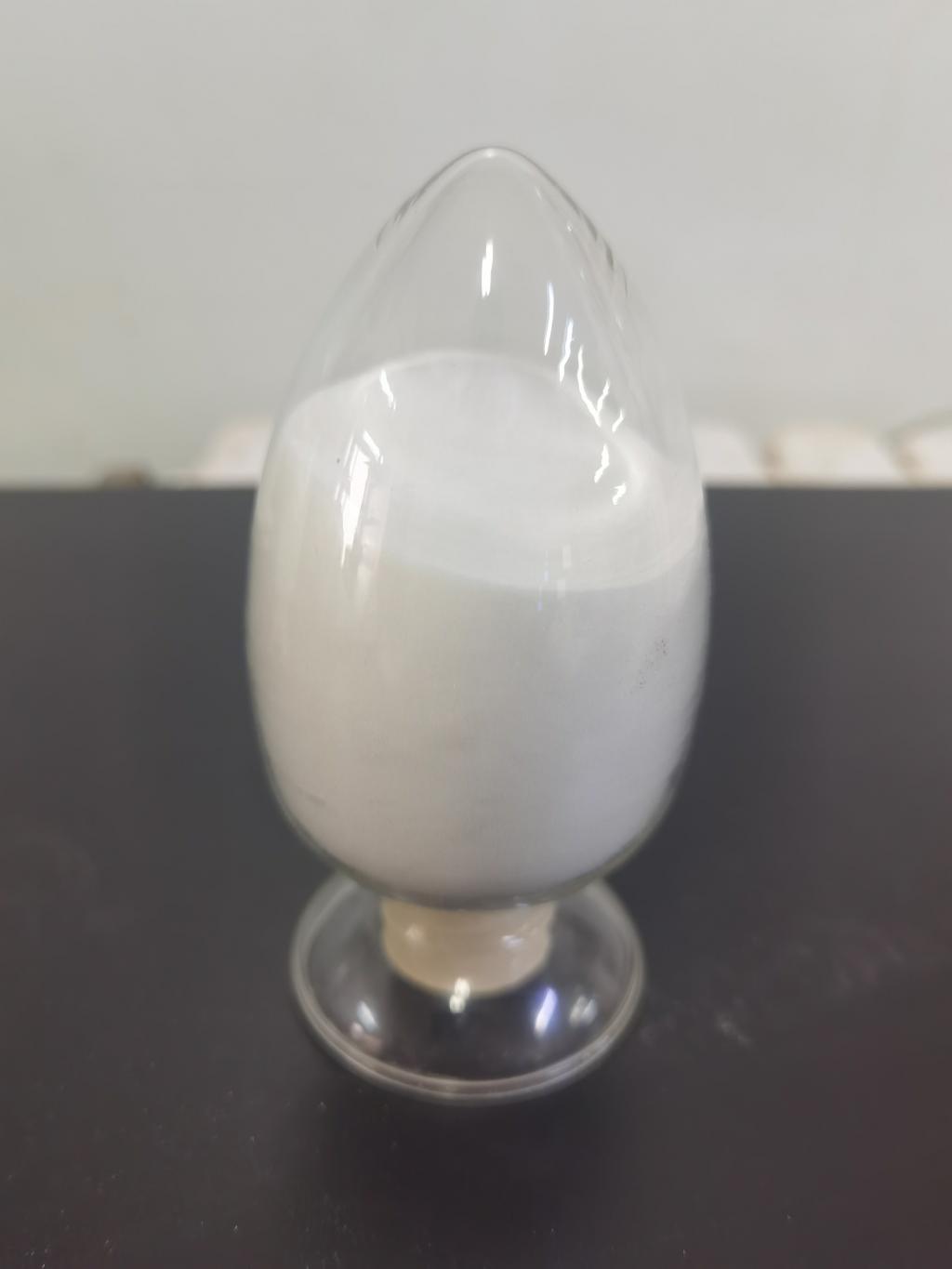Tel:+8618231198596

News
 CONTACT
CONTACT
 CONTACT
CONTACT
- Linkman:Linda Yao
- Tel: +8618231198596
- Email:linda.yao@dcpharma.cn
- Linkman:CHARLES.WANG
- Department:Overseas
- Tel: 0086 0311-85537378 0086 0311-85539701
News
Current Position:
Home >
News
>ε-Polylysine hydrochloride A novel preservative in the food industry.
ε-Polylysine hydrochloride A novel preservative in the food industry.
TIME:2024-05-08
Antimicrobial Activity of ε-Polylysine Hydrochloride:
One of the key advantages of ε-Polylysine hydrochloride as a preservative is its potent antimicrobial activity against a wide range of microorganisms, including bacteria, yeasts, and molds. It works by disrupting microbial cell membranes, leading to leakage of cellular contents and ultimately cell death. Its broad-spectrum activity makes it effective against common foodborne pathogens such as Escherichia coli, Salmonella spp., and Listeria monocytogenes. Additionally, ε-Polylysine hydrochloride exhibits stability over a wide range of pH and temperature conditions, making it suitable for various food processing and storage applications.
Mechanisms of Action:
The mechanisms of action of ε-Polylysine hydrochloride involve interactions with microbial membranes, inhibition of cellular processes, and disruption of bacterial physiology. By binding to microbial cell membranes, ε-Polylysine hydrochloride disrupts membrane integrity, leading to leakage of cellular contents and inhibition of essential cellular processes. Additionally, it interferes with microbial cell wall synthesis and disrupts intracellular enzymes, further contributing to its antimicrobial effects. These multifaceted mechanisms make ε-Polylysine hydrochloride an effective preservative against a wide range of foodborne pathogens.
Regulatory Status and Safety Considerations:
ε-Polylysine hydrochloride has been approved for use as a food preservative by regulatory agencies worldwide, including the Food and Drug Administration (FDA) in the United States and the European Food Safety Authority (EFSA) in the European Union. It is generally recognized as safe (GRAS) when used within regulatory limits and has been assigned an acceptable daily intake (ADI) by regulatory authorities. Studies have demonstrated the safety of ε-Polylysine hydrochloride for consumption, with no adverse effects reported at levels typically used in food products.
Applications in the Food Industry:
ε-Polylysine hydrochloride finds applications in a wide range of food products, including meat and poultry, dairy, seafood, bakery items, sauces, dressings, and beverages. In meat and poultry products, it helps to extend shelf-life by inhibiting the growth of spoilage microorganisms and pathogens. Similarly, in dairy products, ε-Polylysine hydrochloride controls the growth of bacteria and molds, improving product safety and quality. Its compatibility with different food matrices and processing conditions makes it a versatile preservative for various food processing and storage applications.
Future Prospects and Conclusion:
The use of ε-Polylysine hydrochloride as a preservative in the food industry holds promise for addressing emerging challenges in food safety and shelf-life extension. Future research efforts are focused on optimizing ε-Polylysine hydrochloride production methods, exploring novel delivery systems, and elucidating its potential health benefits beyond its antimicrobial properties. Additionally, advancements in biotechnology may lead to the development of engineered ε-Polylysine hydrochloride variants with enhanced efficacy and specificity. Overall, ε-Polylysine hydrochloride represents a natural and effective preservative that has the potential to revolutionize the way food products are preserved and safeguarded for consumer consumption.
Conclusion:
ε-Polylysine hydrochloride offers a novel and effective solution for preserving the safety and quality of food products in the food industry. With its broad-spectrum antimicrobial activity, safety profile, and regulatory approval, ε-Polylysine hydrochloride addresses the growing demand for natural preservatives and cleaner-label ingredients. By understanding its mechanisms of action, exploring its applications in different food matrices, and optimizing its production methods, ε-Polylysine hydrochloride has the potential to become a staple preservative in the food industry, contributing to improved food safety and consumer satisfaction.
- Tel:+8618231198596
- Whatsapp:18231198596
- Chat With Skype







